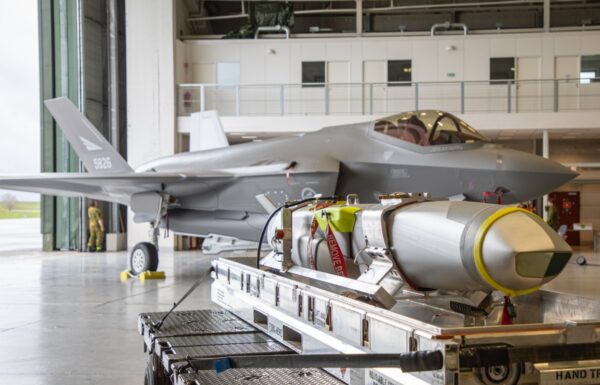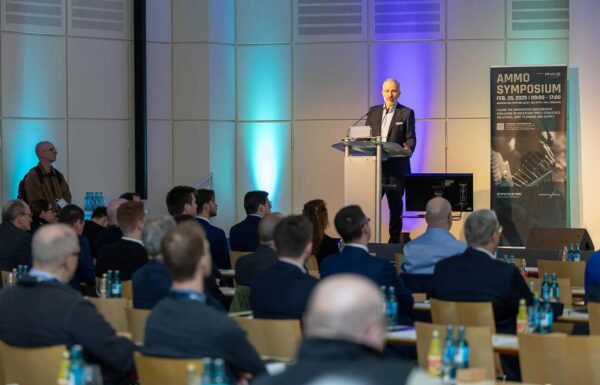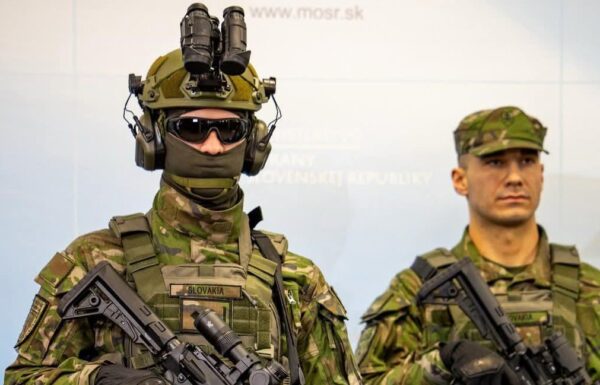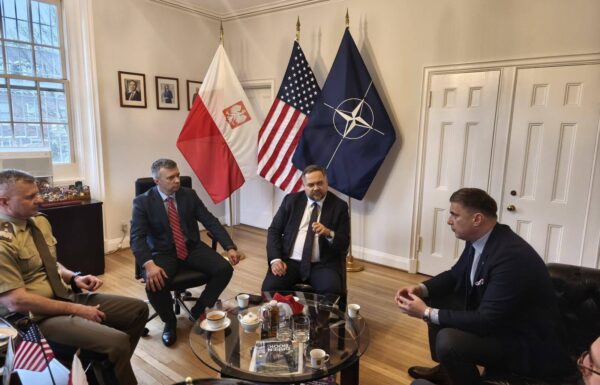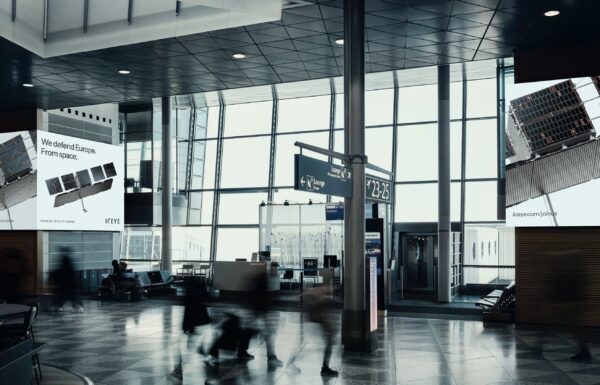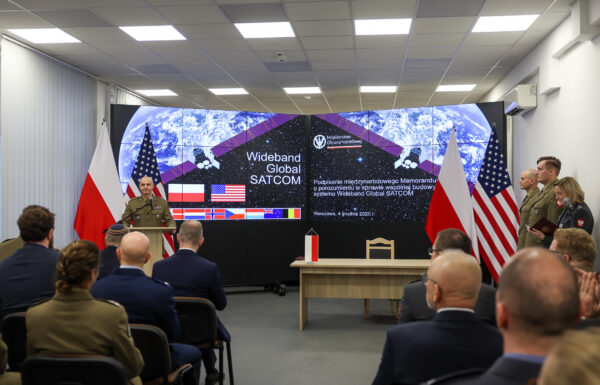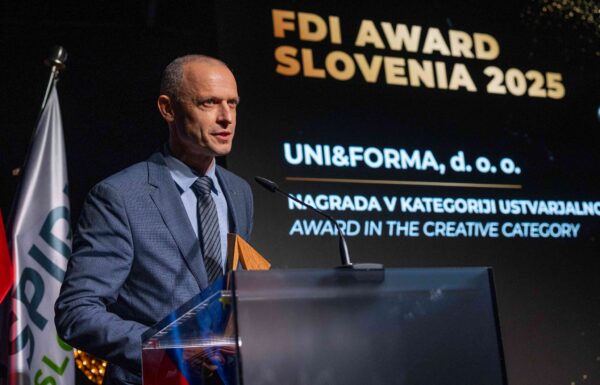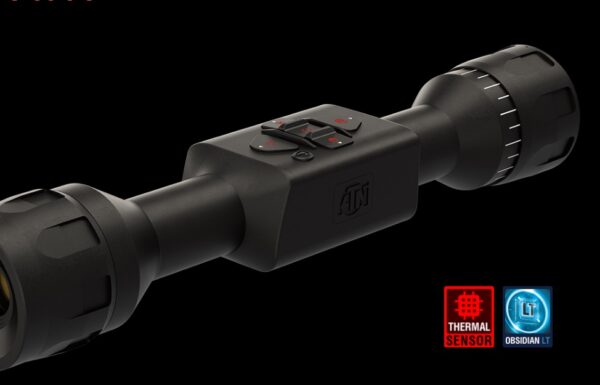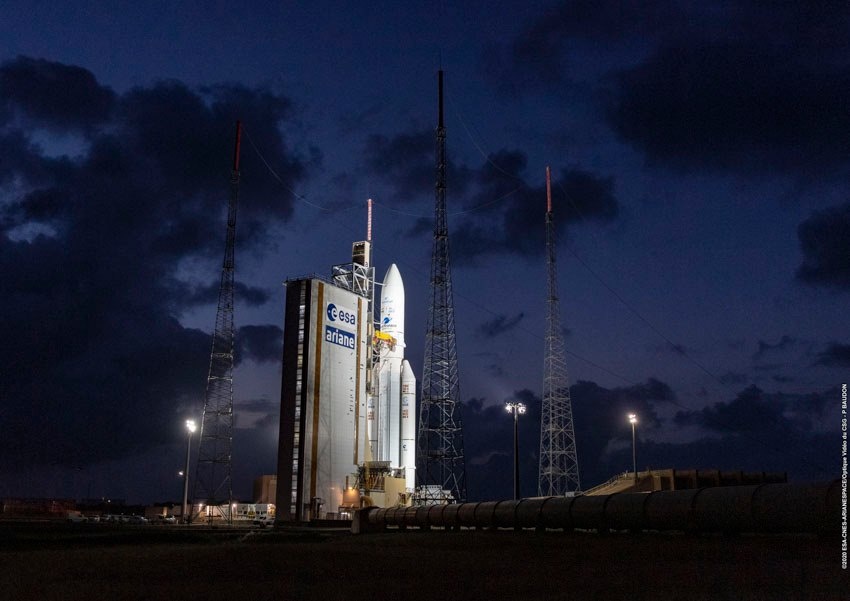CNES press release
On 21st July, during his official visit to France, Hungary’s Minister for Foreign Affairs, Péter Szijjártó, was given a tour of CNES’s Toulouse Space Centre. As Hungary has no national space agency, responsibility for space lies with the Ministry of Foreign Affairs, which manages a national space fund sustained by institutional, academic and commercial contributions. The minister and his delegation visited the CADMOS centre for the development of microgravity applications and space operations and the BCMA antenna test chamber.
France and Hungary signed a memorandum of understanding on cooperation in space / Photo by: CNES
A memorandum of understanding was signed on this occasion with CNES covering capacity building and public outreach, European space programmes, space science, Earth observation, telecommunications satellites, space applications, space research and technology, and international regulations.
Hungary has a long history in space that goes back to its lunar radar experimented in 1946 and then the Soviet Interkosmos programme, thanks to which Hungarian cosmonaut Bertalan Farkas conducted a spaceflight in 1980. Since joining ESA, Hungary has benefited from a six-year incentive mechanism for its industry worth €12.5 million, engaged through a permanently open call for proposals. At the latest ESA Ministerial Conference in Seville in November 2019, Hungary significantly increased its contribution to the agency to €96.4 million. This funding effort signals Hungary’s new ambitions and its intention to occupy a bigger role in the European space landscape.
‘There aren’t many countries in Europe in which the space industry plays an important role.’, said Péter Szijjártó.
‘Through this MoU, France and Hungary will be actively contributing with their complementary assets to Europe’s space effort to serve their space policies and industries.’, stated CNES President, Jean-Yves Le Gall.


